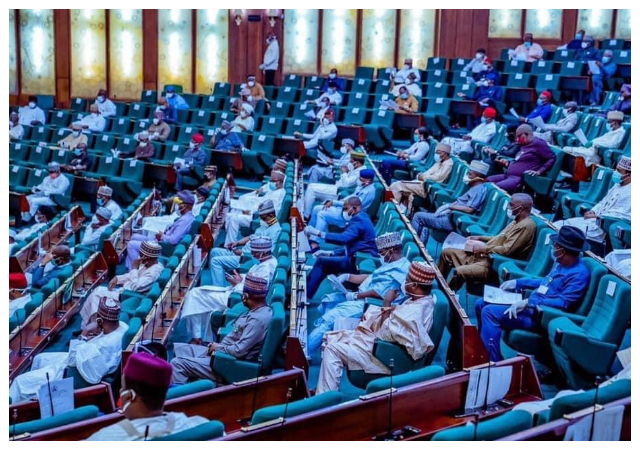

The House of Representatives is proposing a bill to make it illegal for corporate entities and labor employers nationwide to withhold salaries from their employees across the country.
Once the legislation is passed, workers can make a formal claim to their employer and demand recompense.
First reading of the “Employees Remuneration Protection Bill, 2023” bill, sponsored by Wale Hammed, a member representing Agege Federal Constituency, Lagos State, now passes.
Section 7 (1) of the bill provides that it is unlawful for any employer to “Refuse or neglect to pay the remuneration of his employees, as provided under this Act.”
Section 8 (1) of the bill states that if an employee’s compensation remains unpaid beyond the specified period permitted by this legislation, the employee may submit a written demand to their employer for the payment of their entitlement if they wish to assert their claim.
Therefore, “if an employee fails to remit payment within five business days following service of a demand under Section 9 of this bill, the employee may petition the court for redress by filing a motion on notice.”
The bill stipulates that employers that are found guilty of underpaying their employees face a sentence of three to six months in jail in addition to a possible fine.
According to this, a company that disobeys a court ruling concerning employee compensation faces a punishment of N10,000 per day or could “be sealed off for a period not exceeding three months, provided that the default extends beyond two months.”
This is despite the fact that the bill penalizes with N10,000 any officer or agent of the organization, government parastatal, agency, body, or institution that knowingly or purposefully permits the directive’s default or noncompliance until it is followed.
With the passage of this proposed legislation, companies will have to give restarting employees written terms of employment for terms longer than one month within 14 working days of their return to work.
The terms and conditions, compensation, and payment methods, as well as the nature of the employment and the process for either party to terminate it, must all be fully outlined in the employment contract, which is binding on the employer and the employee.
The bill’s Section 27 states that an employee’s court petition for compensation cannot be used as justification for “Disciplinary action, inquiry, suspension, or termination of the applicant by the employer.”


Leave a Reply